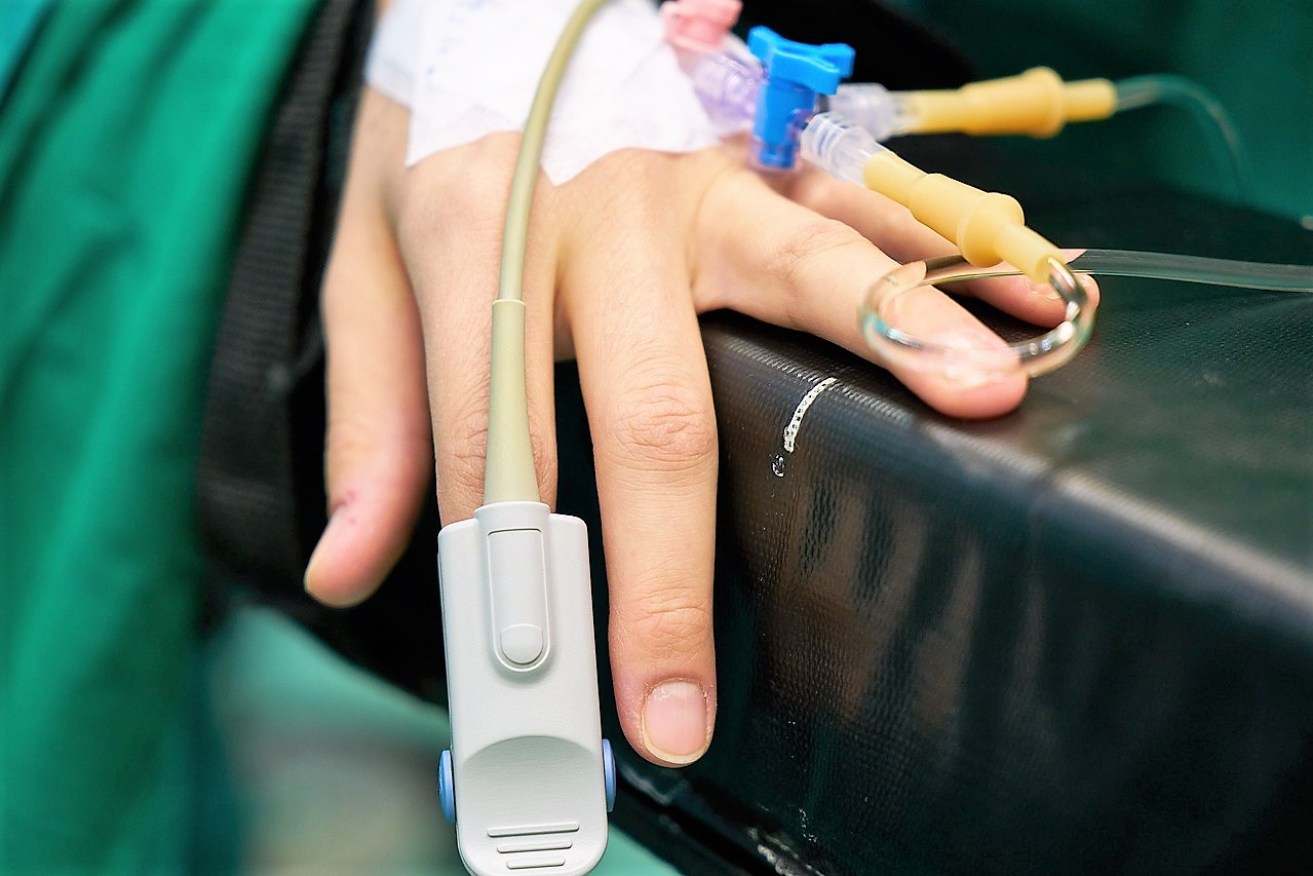
Operating in the dark – be prepared
The statewide power blackout in 2016 is a vital reminder of the potential problems facing hospital emergency department staff in the event of a major incident or disaster, Flinders University experts warn.

“While other cities around the world are more prone to disaster events, Australian cities are not immune to the risk of large-scale disasters and major incidents,” says Dr Karen Hammad, Senior Lecturer, College of Nursing and Health Sciences at Flinders University.
“Emergency department staff will be frontline responders if this happens so it is imperative that they are prepared,” she says, adding ED nurses and doctors already work under sustained pressure and public attention related to ambulance ramping, overcrowding, access blockages and violence towards staff.
“A major incident or disaster could significantly overwhelm existing resources and have dire consequences on an unprepared workforce.”
Dr Hammad is the lead author of an assessment of the impact of the severe weather in 2016 that shut down electricity supplies and caused a black system event (BSE).
“We were lucky that the blackout didn’t include mass casualties, but it presents an opportunity to consider how these relatively infrequent events could have high consequences,” she says.
Disaster health expert and Associate Director of the Torrens Resilience Institute, Dr Hammad says ED staff need more training to prepare for such events – and health systems should have regular reviews of shortfalls of resources and areas for improvement in case of large-scale disaster.
The ‘Working in the dark’ research is a case study from clinician perspectives, collating the experiences of 49 emergency department staff who worked during the BSE.
The study came about after the authors, who all worked in emergency departments that day, realised the importance of using this unprecedented event to better inform the state’s hospital system for possible large-scale events.
As well as testing electrical systems, the study recommended better communication systems and more training for ED staff to prepare for future events.
“This training, of course, will go some way to installing better procedures and staff capacity to respond to other major incidents,” Dr Hammad says.
A lack of lighting, radiography, communication and patient tracking systems not working were the most common ways the EDs were impacted, the study found.
“While the majority of participants in the study had undertaken some form of disaster education or training, they had never been involved in a major incident of disaster.
“We acknowledge that training for emergency scenarios is often inadequate and can take a back seat as private and public hospitals cope with other responsibilities.”
The paper, ‘Working in the dark – The impact of a state-wide black systems event on emergency departments: A case study from clinician perspectives,’ by KS Hammad (Flinders University Torrens Resilience Institute), M Wake (Royal Adelaide Hospital), C Zampatti (RAH), S Neumann (Mount Gambier and Districts Health Service) and J Ranse (Gold Coast Health and Menzies Health Institute, Griffith University) has been published in Collegian (Elsevier).




